How to Use a Credit Card for the First Time: 7 Smart Tips
 4 min. read
4 min. read
Credit cards are a helpful financial tool that offers many advantages, from improving your credit history to providing you with an immediate source of funds for emergencies. However, some struggle with how to use a credit card for the first time.
If you’re a first-time credit cardholder, this article will share tips to maximize your card’s features and benefits to ensure it helps you achieve your financial plans and goals.
7 Tips for First-Time Credit Card Users
Using your credit card responsibly can make your financial journey more navigable. Here are the best practices for credit card use.
- Spend only what you can afford to pay monthly
By nature, credit cards are easily accessible. They serve as a ready source of funds for your financial needs.
However, controlling your spending can be more challenging since you can use your credit card anytime or anywhere. As such, it’s crucial to have strong self-discipline and the proper mindset.
One way to avoid overspending and accumulating debts is to treat your credit cards like debit cards. Unlike credit cards, a debit card’s limit relies on how much you deposit. Utilizing your credit card like a debit card allows you to spend within the limit you’ve set for yourself. - Pay your bills on time
Delaying payment is another common mistake that first-time credit cardholders commit. If you can manage, paying your entire monthly bill on or before its due date is ideal. Otherwise, you will incur late payment fees and interest. However, if you don’t have the means to pay in full, you can settle the minimum amount instead.
Most credit cards will allow you to pay a percentage of your total credit card bill, typically 3 to 10% in the Philippines. If you’re paying only the minimum amount, make sure to pay off your entire balance as soon as it’s convenient to prevent the interest from accumulating. - Don’t use up your credit limit
As mentioned, credit cards can help boost your credit standing as long as you do not exhaust your credit limit.
On the contrary, maxing out your credit limit can affect your credit score if you fail to manage your credit card debt. As a rule of thumb, utilizing 30% or less of your credit limit is ideal for maintaining a good to excellent credit rating. - Know your fees, and read the Terms and Conditions
When you apply for a credit card, you agree to the issuing bank’s general terms and conditions (T&C) regarding its use. First-time credit card users often overlook this aspect of having a credit card.
While it can be tedious to read through T&Cs, it is a necessary step for proper credit card management.
When examining the lender’s terms and conditions, it’s best to pay close attention to details like charge computation, credit card fees, interest charges, grace period, rewards programs requirement, etc. Take the time to analyze all essential information to avoid confusion or misinterpretations. - Monitor your card transactions closely
Responsible credit card ownership involves regularly monitoring your transactions, preferably checking your weekly charges for accurate accounting. This level of active monitoring can help you avoid exceeding your credit limit and incurring penalty fees, and even enable you to dispute fraudulent charges.
Take advantage of your card’s official mobile banking app to track your transactions. These mobile apps deliver notifications each time you charge an expense on your credit card, making it easier to control your card activity. - Take advantage of rewards, promos, and perks
Credit card issuers often offer rewards, promos, and perks to attract credit card applicants and users. For instance, your credit card company may provide cashbacks, redeemable points to avail of discounts, freebies, and even air flyer miles for frequent travelers.
Take advantage of these rewards and save money with rebates by using your credit card to pay utility bills or grocery shopping expenses. Always check if you are eligible for rewards, so you don’t add to your credit card charges. - Leverage the installment payment option
Whether you’re a beginner or a long-time credit card user, you can avail of installment payment options to maximize your credit card. An installment option allows you to split purchases across billing cycles, making credit card payments more manageable
Some credit card issuers partner with merchants for installment payment options with zero interest. When shopping, ask the retailer you’re purchasing from to know if they will allow you to make interest-free installment payments.
Speaking of a credit card with an installment payment option, RCBC Credit Cards lets you enjoy that feature. The Philippines’ largest credit card issuer offers the Easyterms 0% installment online plan—it has zero interest for up to 24 months at all RCBC-accredited online merchants.
All RCBC Credit Cards also have the UNLI 0% installment feature, which lets you convert single-receipt purchases, including those made online or overseas, into installments easily with just a few taps using the RCBC Digital app.
We’re All for Responsible Credit Card Ownership
Credit card ownership is a huge responsibility. It’s in your best interest to avoid using your card carelessly, or you might accumulate credit card debt.
When using your card, be intentional and practical with your spending to make credit card ownership a rewarding experience.
If you’re looking to secure your first credit card, consider availing yourself of RCBC Flex Visa Credit Card. Among the best credit cards for beginners, RCBC’s Flex Visa Card provides a hefty rewards system that allows you to collect twice the rewards in clothing, dining, transportation, and even travel.
Apply for your Flex Visa Card today and get off on the right foot using your first credit card.

 bc
bc



_20250212084011000-a8baa56554f96369ab93e4f3bb068c22.jpg)


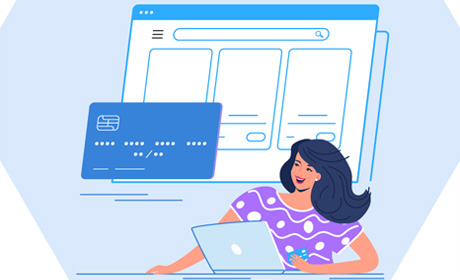











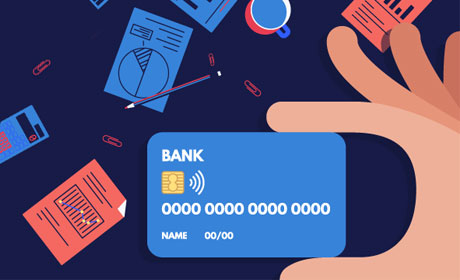
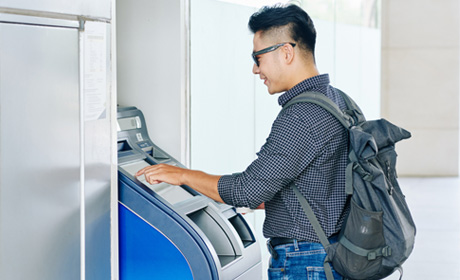

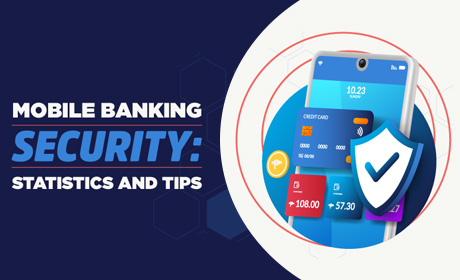


.png)
.png)




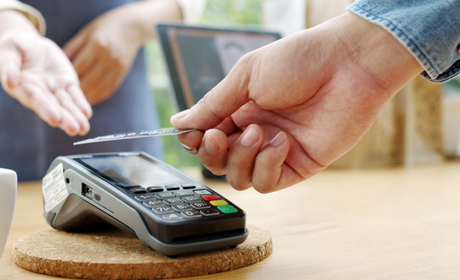
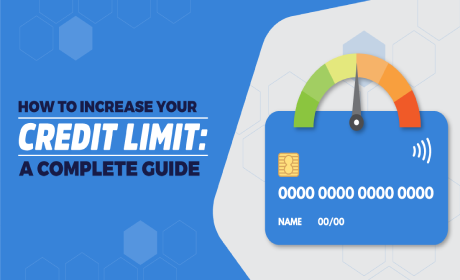
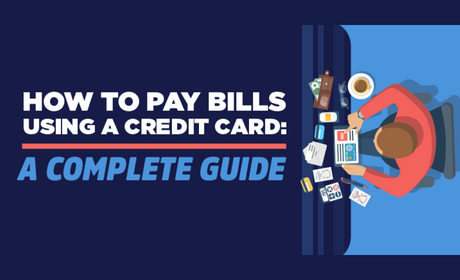


.jpg)
.jpg)
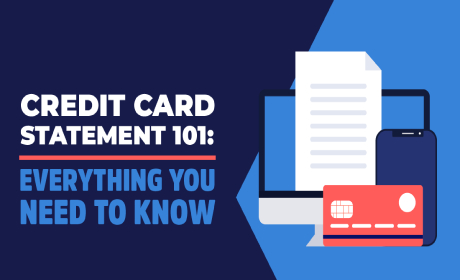
.jpg)

.jpg)

.jpg)



.jpg)
 (1).jpg)
 (1).jpg)
 (1).jpg)

.jpg)
 (1).jpg)
 (2) (1).jpg)
 (2) (1).jpg)
.jpg)
 (1).jpg)
 (1).jpg)
 (1).jpg)
 (1).jpg)


.jpg)
.jpg)
.jpg)
.jpg)

.jpg)
.jpg)


.jpg)
.jpg)
.jpg)
.jpg)
.jpg)
.jpg)


.jpg)
 (1).jpg)

.jpg)

.jpg)
.jpg)
.jpg)
.jpg)
.jpg)
.jpg)


